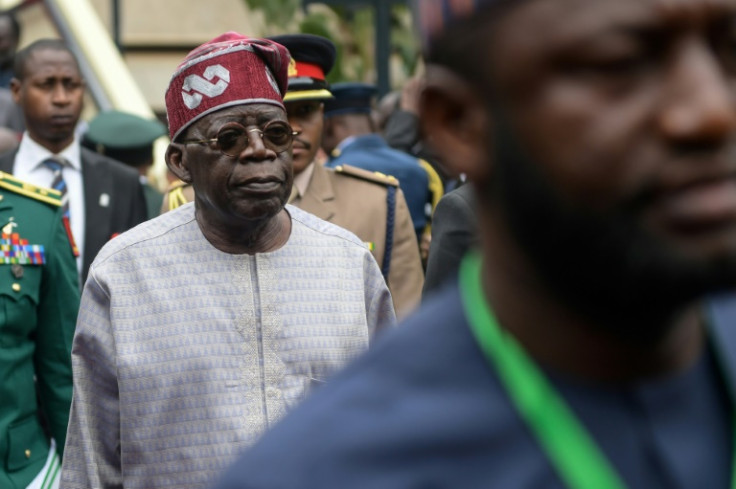Presidency Defends $30 Billion FDI Claim, Calls It A 'Reality' Amid Public Scrutiny

The Presidency explained on Thursday that the $30 billion in foreign direct investments announced by the Bola Tinubu administration was not an overstatement, but a reality, amid ongoing criticism.
During his Independence Day speech on Oct. 1, President Tinubu mentioned that his administration had attracted over $30 billion in foreign direct investments (FDI) within its first 16 months. The announcement led to a heated discussion among social media users and television hosts, with many critics trying to verify the claim.
Senior Special Assistant to the President on Media and Publicity Temitope Ajayi stressed in the statement shared on X that these investments were genuine and based on strong commitments from both international and domestic investors.
#UPDATE - Explainer: President Bola Tinubu's drive for foreign direct investments, By Temitope Ajayi pic.twitter.com/U1NN2kvg52
— Presidency Nigeria (@NGRPresident) October 3, 2024
"Investment commitments don't always translate into immediate cash inflows," Ajayi said, adding that many of these investments are still being developed including the arrival of machinery and raw materials in Nigeria and final decisions on large projects that are yet to be made.
He recalled that during the G20 Summit in India last year, Tinubu secured $14 billion in investment pledges from Indian businesses. This included $8 billion from Indorama to expand its petrochemical and fertilizer plant, $800 million from Bharti Airtel for network expansion, and $3 billion from Jindal Steel for steel production.
Furthermore, Airtel has already started building a $500 million data center in Lagos. The presidential aide also mentioned that in the energy sector, ExxonMobil announced a $10 billion investment in Nigeria's deepwater oil production during a recent meeting with Vice President Kashim Shettima. In addition, Total Energies committed to a $550 million investment in gas exploration.
Ajayi added that other major companies have also shown their confidence in Nigeria's economic potential. He also mentioned that Coca-Cola has restarted its paused $1 billion investment plan while APPL is working on a €9.2 billion hydrogen project in Akwa Ibom State, which is expected to create 25,000 jobs.
Afreximbank, Maersk and Shell have also pledged billions for different sectors of the Nigerian economy, including port infrastructure, energy, and manufacturing.
Ajayi's explanation seems to be aimed at addressing critics who say the real challenge was turning these commitments into actual investments that will help Nigeria's economy.
© Copyright 2025 IBTimes NG. All rights reserved.






















